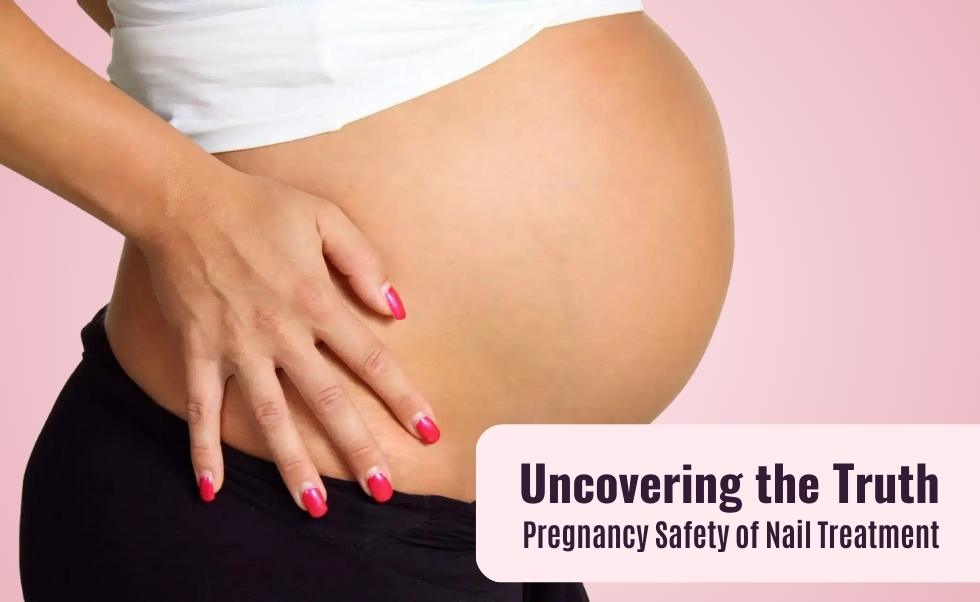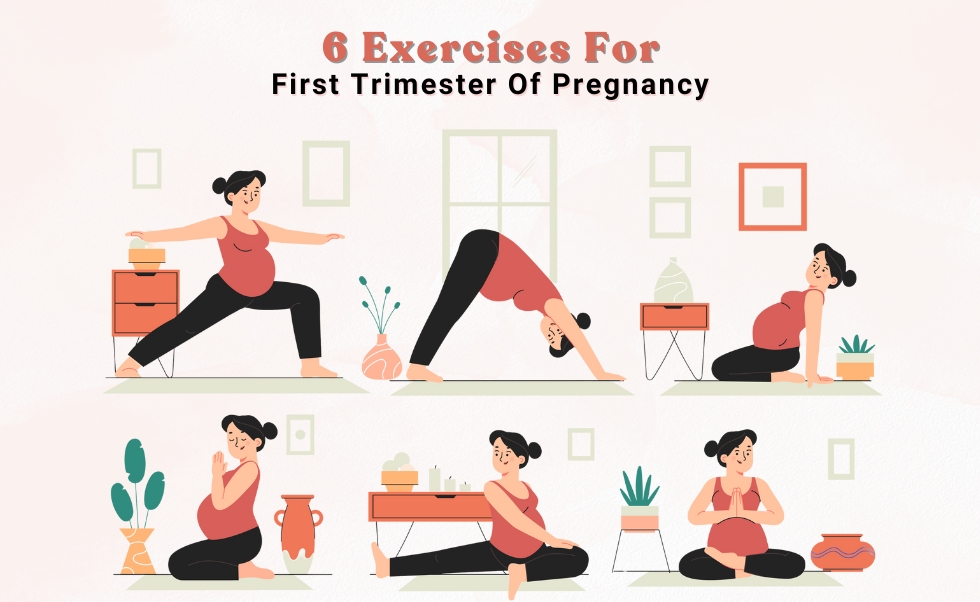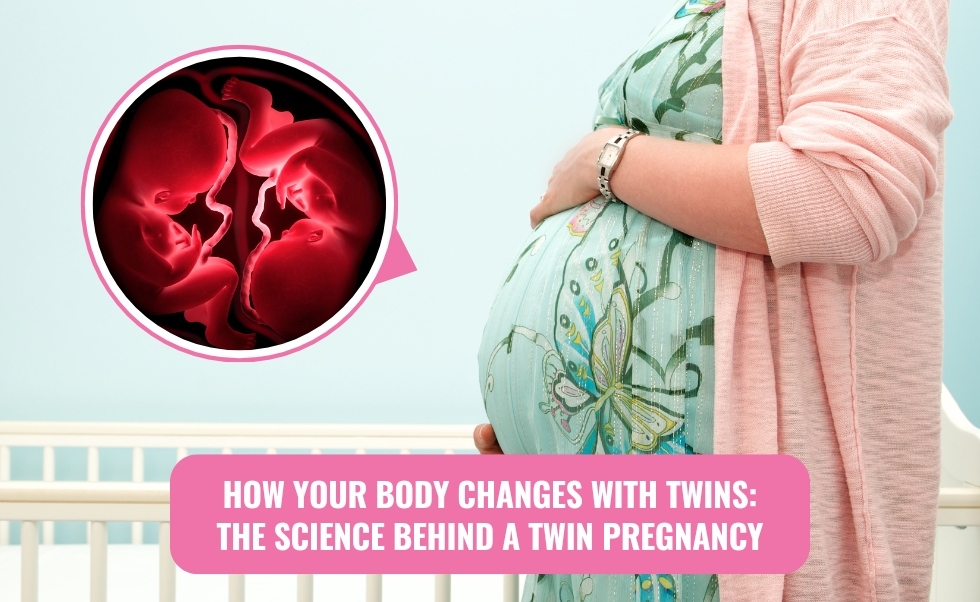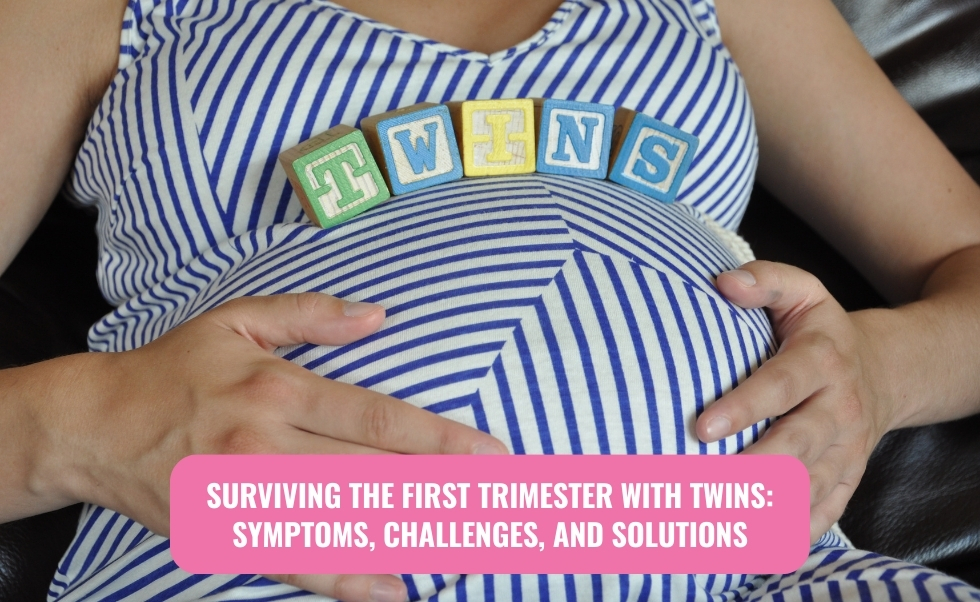In today’s world, many women are choosing to start their families later in life. Whether it’s due to career, personal circumstances, or simply finding the right partner later, getting pregnant in your 40s is increasingly common. However, it comes with its own set of challenges and considerations. This guide provides useful information for current and upcoming mothers considering pregnancy in their 40s.
Understanding Fertility in Your 40s
As women age, fertility naturally declines. By 40, a woman’s chance of conceiving each month is reduced to about 5% compared to 20% in her 20s and early 30s. This decline is due to the decreased quantity and quality of eggs. Additionally, the risk of miscarriage and chromosomal abnormalities increases with age.
However, it’s important to note that while fertility declines, it is not impossible to conceive. Many women successfully get pregnant in their 40s, often with the help of fertility treatments.
Preparing for Pregnancy
1. Health Check-Ups and Preconception Counseling:
- Before attempting to conceive, scheduling a preconception check-up with your OB-GYN is crucial. This visit can help identify underlying health conditions that might affect your pregnancy.
- Discuss your medical history, current medications, and lifestyle factors with your doctor to ensure they are optimized for pregnancy.
2. Healthy Lifestyle:
- Maintaining a healthy diet and regular exercise regimen can improve overall health and fertility. Focus on a balanced diet rich in fruits, vegetables, whole grains, and lean proteins.
- Avoid smoking, excessive alcohol consumption, and recreational drugs, as these can negatively impact fertility and pregnancy outcomes.
3. Supplements:
- Prenatal vitamins, particularly those containing folic acid, are essential before and during pregnancy. Folic acid helps prevent neural tube defects in the developing baby.

Fertility Treatments
For women in their 40s, fertility treatments can significantly increase the chances of conception. Here are some common options:
1. In Vitro Fertilization (IVF):
- IVF is one of the most effective fertility treatments. It involves stimulating the ovaries to produce multiple eggs, retrieving them, fertilizing them with sperm in a lab, and transferring the resulting embryo(s) into the uterus.
- While the success rate of IVF declines with age, many women in their 40s achieve pregnancy through this method, sometimes using donor eggs.
2. Fertility Medications:
- Medications such as Clomiphene (Clomid) and gonadotropins can stimulate ovulation. These are often used in conjunction with other treatments like IVF or intrauterine insemination (IUI).
3. Donor Eggs:
- Using donor eggs can be a viable option for women with a significantly reduced egg reserve or quality. This involves fertilizing an egg from a younger donor with your partner’s sperm and implanting the embryo into your uterus.
Risks and Considerations
1. Increased Risk of Pregnancy Complications:
- Pregnancy in your 40s is associated with a higher risk of complications such as gestational diabetes, preeclampsia, and preterm birth. Regular prenatal care is essential to monitor and manage these risks.
2. Genetic Testing:
- Genetic testing and screening are often recommended because of the higher risk of chromosomal abnormalities. Options include non-invasive prenatal testing (NIPT), chorionic villus sampling (CVS), and amniocentesis.
3. Emotional and Physical Preparedness:
- Pregnancy and raising a child in your 40s can be physically and emotionally demanding. It’s important to have a strong support system and to be prepared for potential challenges.
Success Stories and Positive Outcomes
While the statistics seem daunting, many women have healthy pregnancies and babies in their 40s. Staying positive, informed, and proactive about your health and fertility is essential. Support groups and counseling can also provide encouragement and emotional support throughout the journey.
A summary
Getting pregnant in your 40s is undoubtedly challenging but far from impossible. With the advancements in fertility treatments and a proactive approach to health and well-being, many women in their 40s successfully conceive and have healthy pregnancies. Remember to work closely with your healthcare provider to navigate this journey and make informed decisions that are best for you and your future baby.







